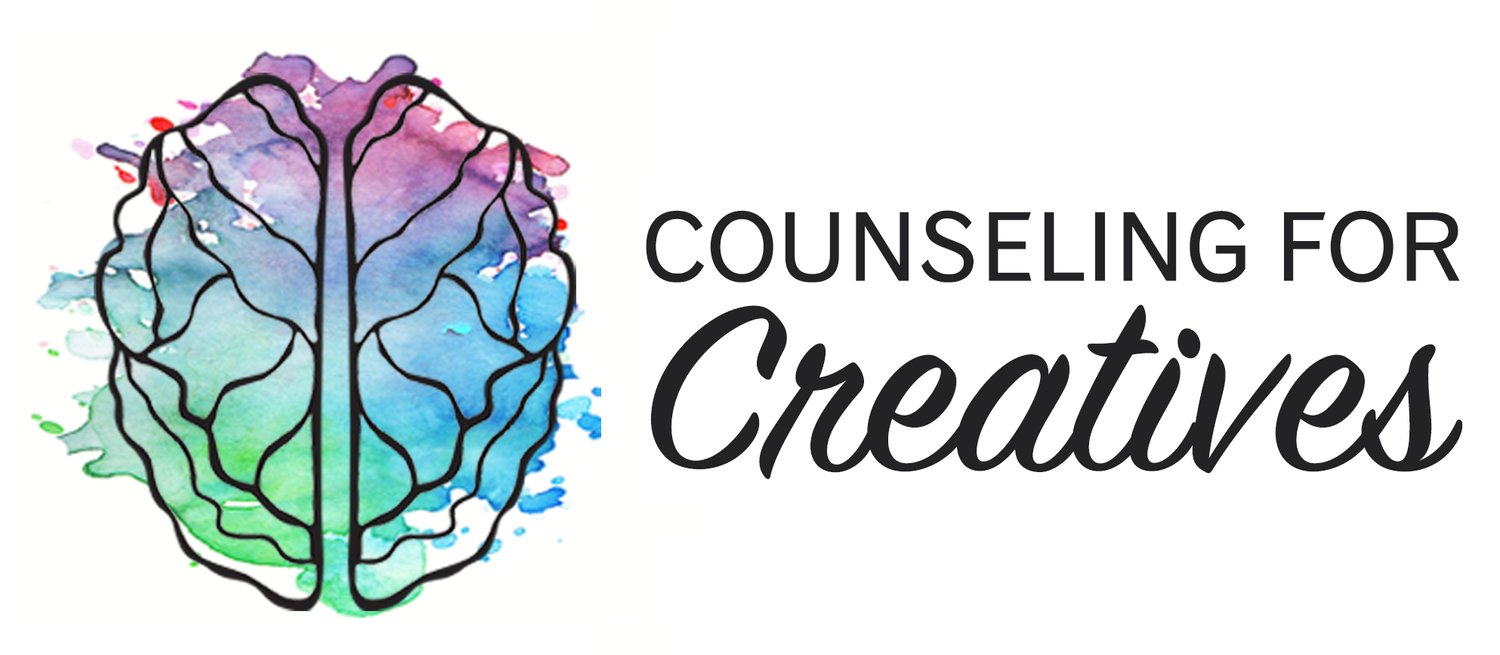You are not the problem
“I’m anxious… Her depression… My alcoholism… His ADHD…” I hear people make these types of statements all the time. They’re used to label feelings and behaviors that get in the way of personal functioning and progress. They fit with either an official or unofficial diagnosis of “symptoms” that the person demonstrates. Think about this statement for a moment, though: “I am anxious.” The words “I am” serve as markers of our identities. You’re no longer nervous because you’re going through immense change in your life, like grief or loss, a new job, a move, or conquering an addiction, you ARE anxious. You ARE anxiety. Just saying that sentence in my head gives me butterflies! It feels fixed, permanent, and irreversable.
I believe there is a problem with using the medical model for mental health. It stigmatizes our feelings and experiences, turning them into illnesses we have - and often we’re told we’ll have them forever! What if your doctor said, “You have a cold and you’ll have it forever, so just take this medication for the rest of your life?” I’m willing to bet you’d get another doctor. So why do we so easily accept the idea that 1 in 5 of us have a mental illness? That’s about equal to the highest estimate of people who get the flu every year! Now don’t get me wrong, some people have chronic medical conditions and some people have very serious mental illnesses. However, emotional/mental health and human experience are far more spectral, complicated, personal, and contextual to place within a simplified diagnosis. Unlike most diseases, I can’t look at your mental health under a slide or through an Xray or MRI and say, “Yes, you have depression.” Even a pattern of brainwaves doesn’t tell us a definitive story and in fact, doesn’t mean a condition is permanent. Interpersonal neurobiology for instance, argues that connections between neurons are created by our interactions with each other and are even changeable over time.
So, what if we drop ownership of these labels and instead shift them to something external? That doesn’t mean blaming someone else, it means making the problem the problem. What if we said “The anxiety…the depression…the alcoholism…the ADHD”? Take your issue, or your partner’s, child’s, or friend’s, and phrase it this way. For example, “The ADHD won’t let my child finish her homework.” or “When Anxiety shows up, I can’t seem to get the words out.” Do you feel a change in your perspective? Does it let a little Hope in to consider something not as part of your identity, but rather an outside thing you might be able to wrangle?
This is the first step in narrative therapy, a theoretical perspective I use in my work with many of my clients. I operate with the understanding that “my clients are not the problem, the problem is the problem.” Take a moment and think: How does it feel to take your identity out of the diagnosis and focus on it as an external thing you can manipulate? Feel free to share your thoughts in the comments.
Ready to address that problem head on? Contact me for a counseling consultation today.

